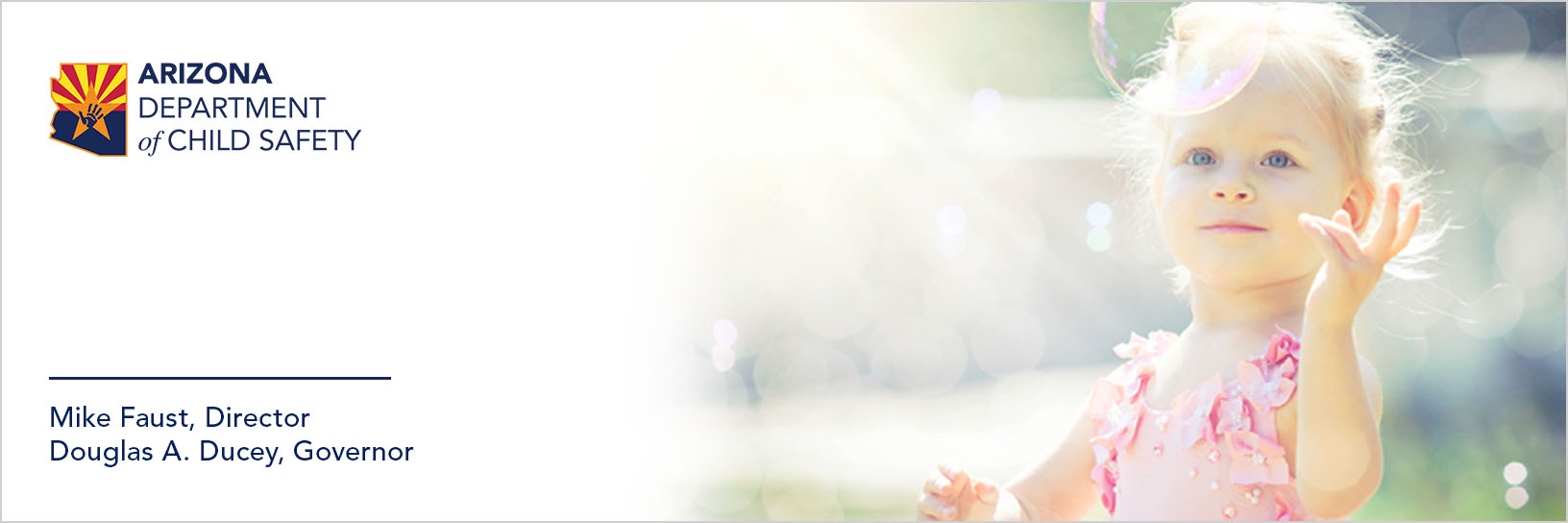Dear Caregiver,
The word "Coronavirus" is in the news, but what is it?
Human Coronaviruses are a family of viruses that commonly cause mild to moderate illnesses. The virus that causes Coronavirus disease (COVID-19), a respiratory illness that can spread from person to person, is a new strain of coronavirus.
The virus is thought to spread primarily:
- Between people who are in close contact with one another (within about 6 feet).
- Through respiratory droplets produced when an infected person coughs or sneezes.
The best way to prevent infection is to avoid being exposed.
- Avoid touching your eyes, nose, and mouth with unwashed hands and teach children to do the same.
- Teach children to cough or sneeze into a tissue then throw the tissue away each time or sneeze or cough into their arm, not their hands.
- Avoid close contact with people who are sick and keep children and youth away from others who are sick.
- Clean and disinfect frequently touched objects and surfaces in your home.
- Teach children good handwashing. Lead by example, wash your hands and often with soap and water for at least 20 seconds. If soap and water are not available, use hand sanitizer that contains at least 60% alcohol. Please supervise children when using hand sanitizer.
What is good handwashing?
The Centers for Disease Control and Prevention (CDC) recommends the following steps:
- Wet your child’s hands. • Apply clean bar soap or liquid soap to the hands, and then place the bar on a rack where it can drain before the next hand washing.
- Rub the hands vigorously together. Scrub every surface completely including between the fingers and the top of hands.
- Keep rubbing and scrubbing to effectively remove the germs. Remember, at least 20 seconds is recommended.
- Rinse the hands completely, then dry them.
- Make up a handwashing song with the children or turn it into a game.
Talking to children about COVID-19
There's a lot of news coverage about the outbreak of COVID-19 and it can be overwhelming for parents and frightening to kids. The American Academy of Pediatrics encourages parents and others who work closely with children to filter information and talk about it in a way children can understand. These tips can help:
- Simple reassurance. Remind children that researchers and doctors are learning as much as they can, as quickly as they can, about the virus and are taking steps to keep everyone safe.
- Give them control. It's also a great time to remind your children of what they can do to help – washing their hands often, coughing into a tissue or their sleeves, and getting enough sleep.
- Watch for signs of anxiety. Children may not have the words to express their worry, but you may see signs of it. They may get cranky, be more clingy, have trouble sleeping, or seem distracted. Keep the reassurance going and try to stick to your normal routines.
- Monitor their media. Keep young children away from frightening images they may see on TV, social media, computers, etc. For older children, talk together about what they are hearing on the news and correct any misinformation or rumors you may hear.
If you would like additional information, please visit:
Arizona Department of Health- www.azdhs.gov/covid-19
Centers for Disease Control and Prevention (CDC)- https://www.cdc.gov/coronavirus/2019-ncov/
American Academy of Pediatrics – https://www.healthychildren.org
